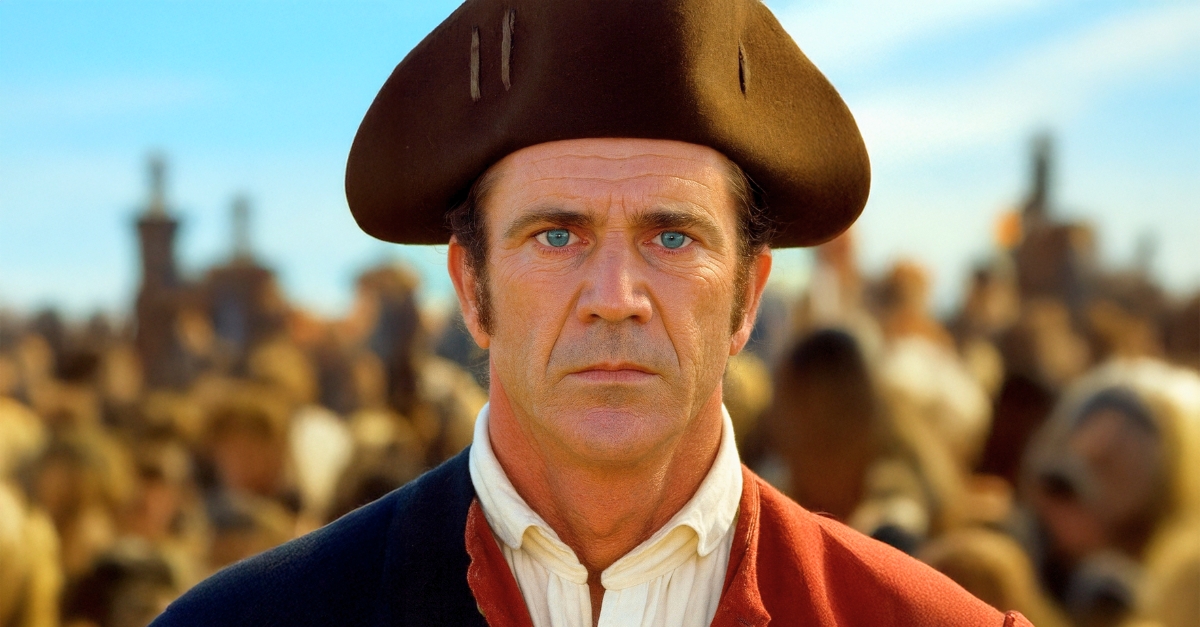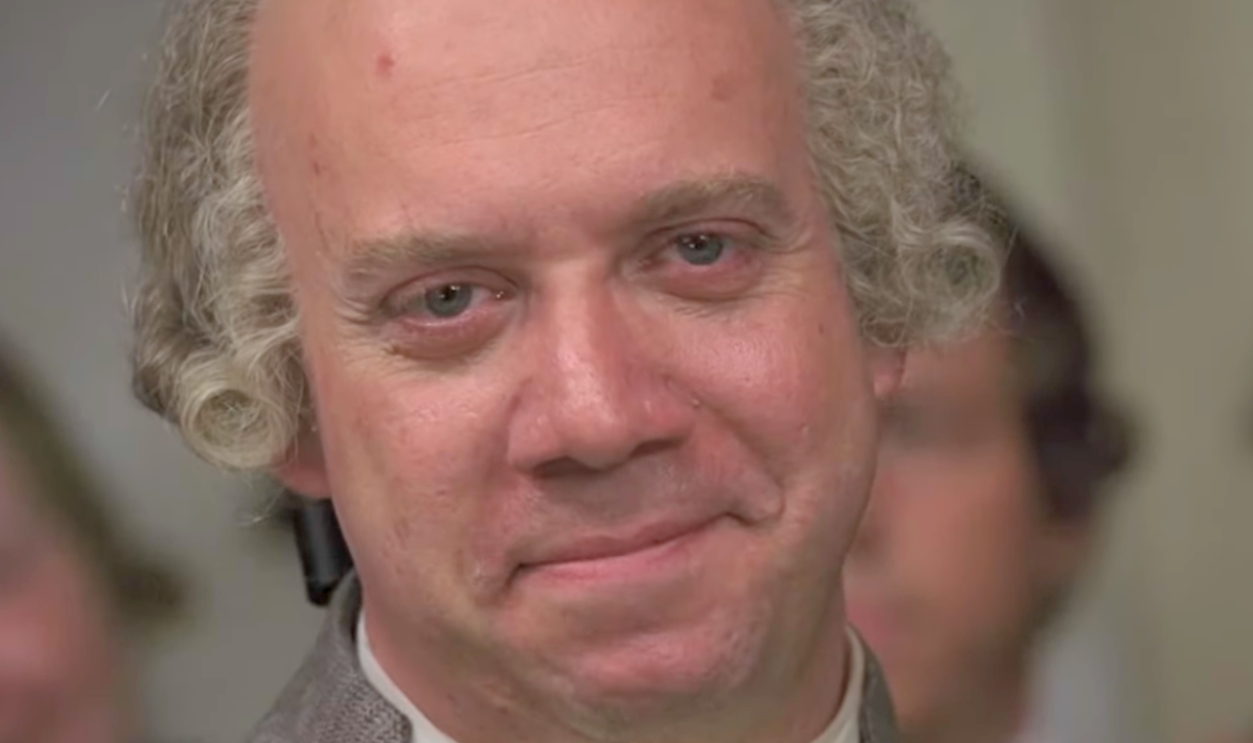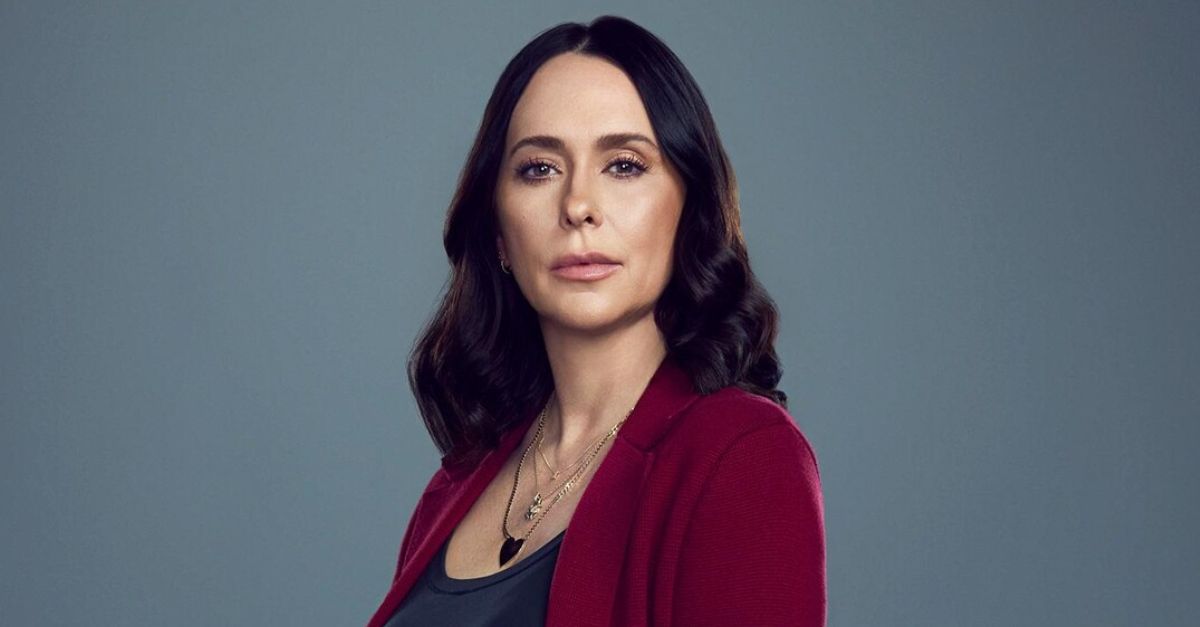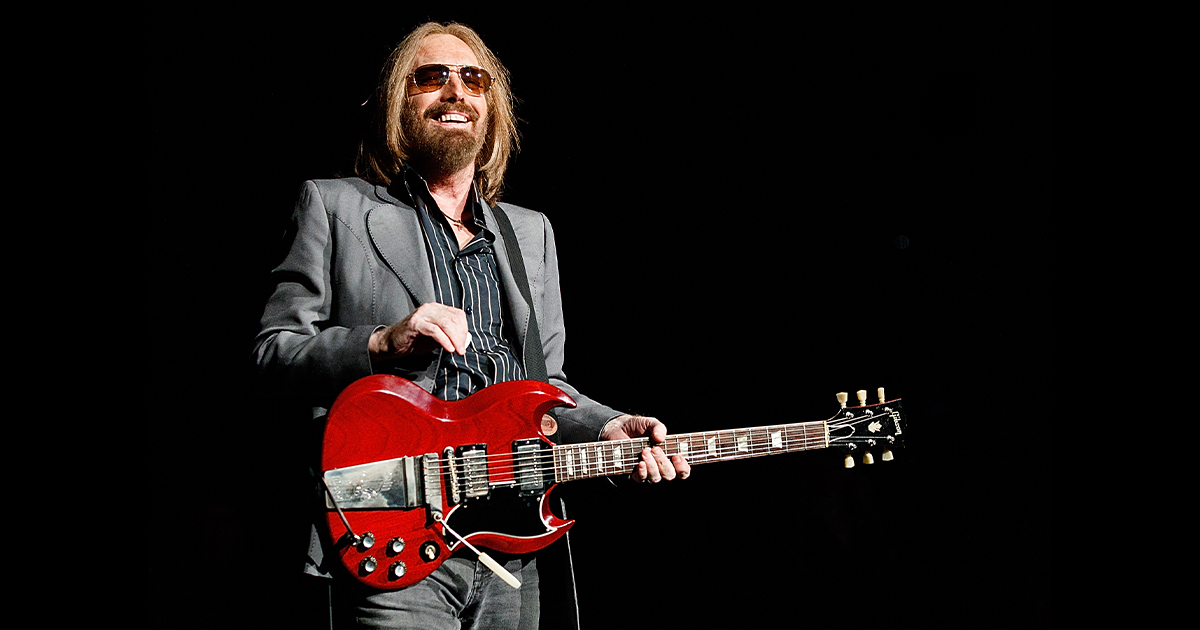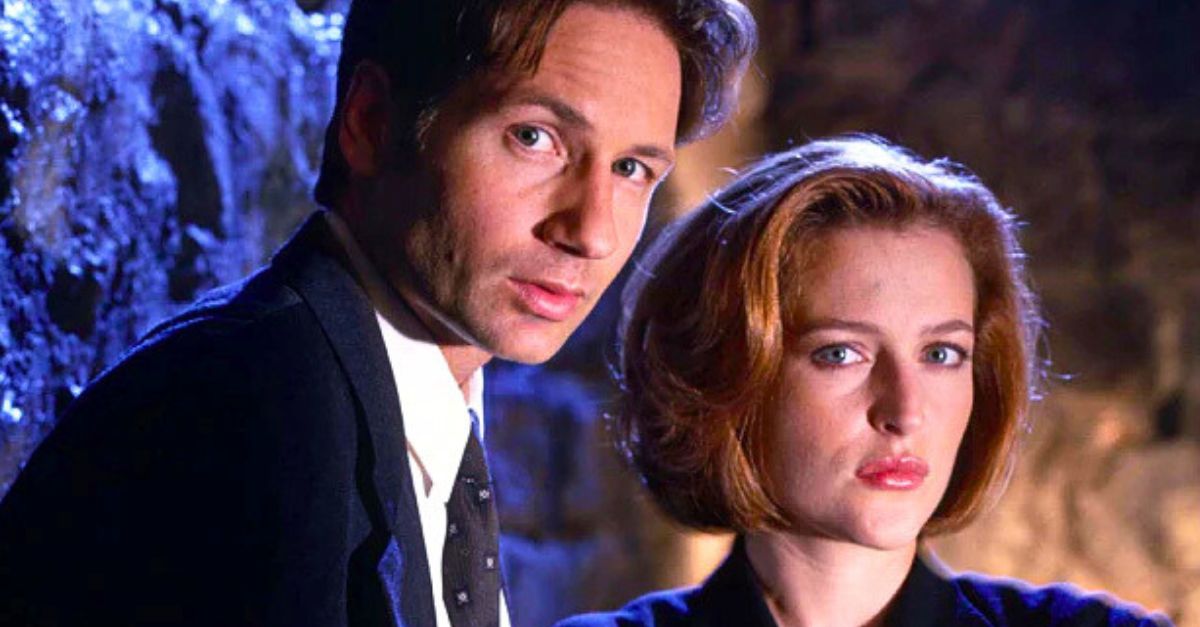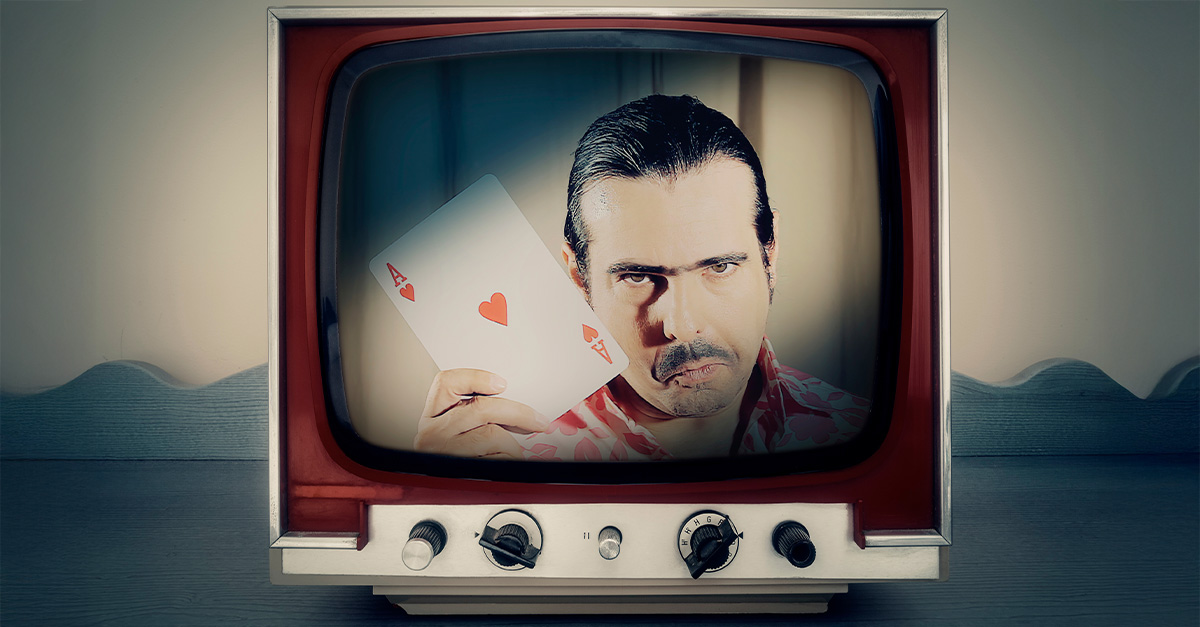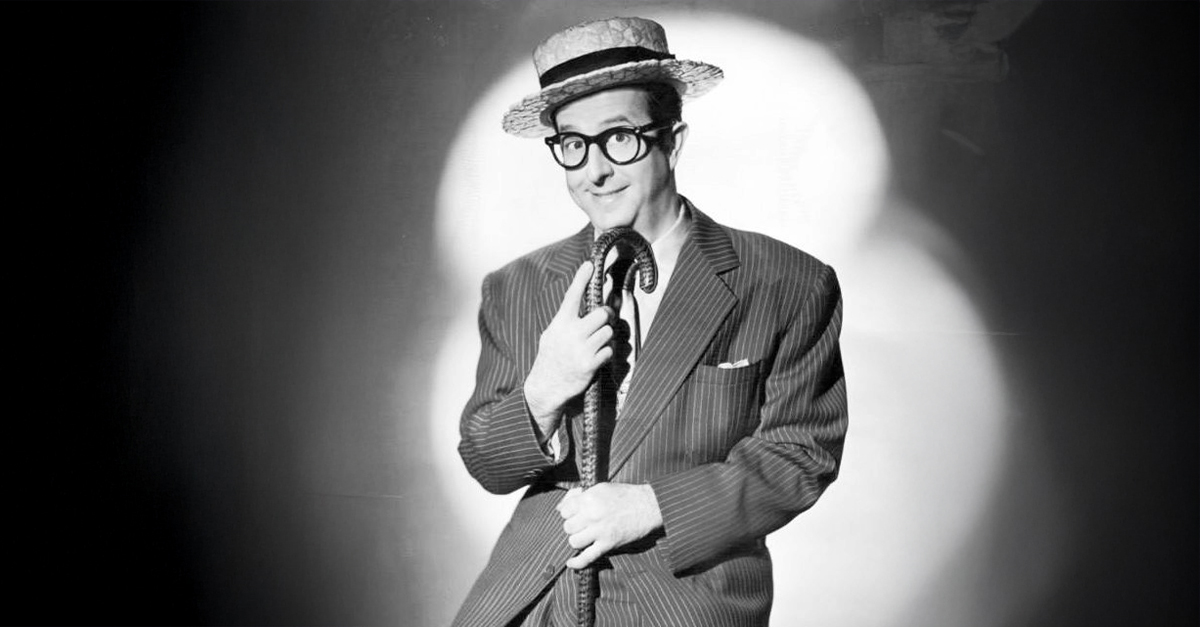Heroic Stories Of The Past
When it comes to the American Revolution, Hollywood has never been shy about taking creative liberties with powdered wigs and dramatic speeches about freedom. So, if you want to watch history meet drama, you’re at the right place.
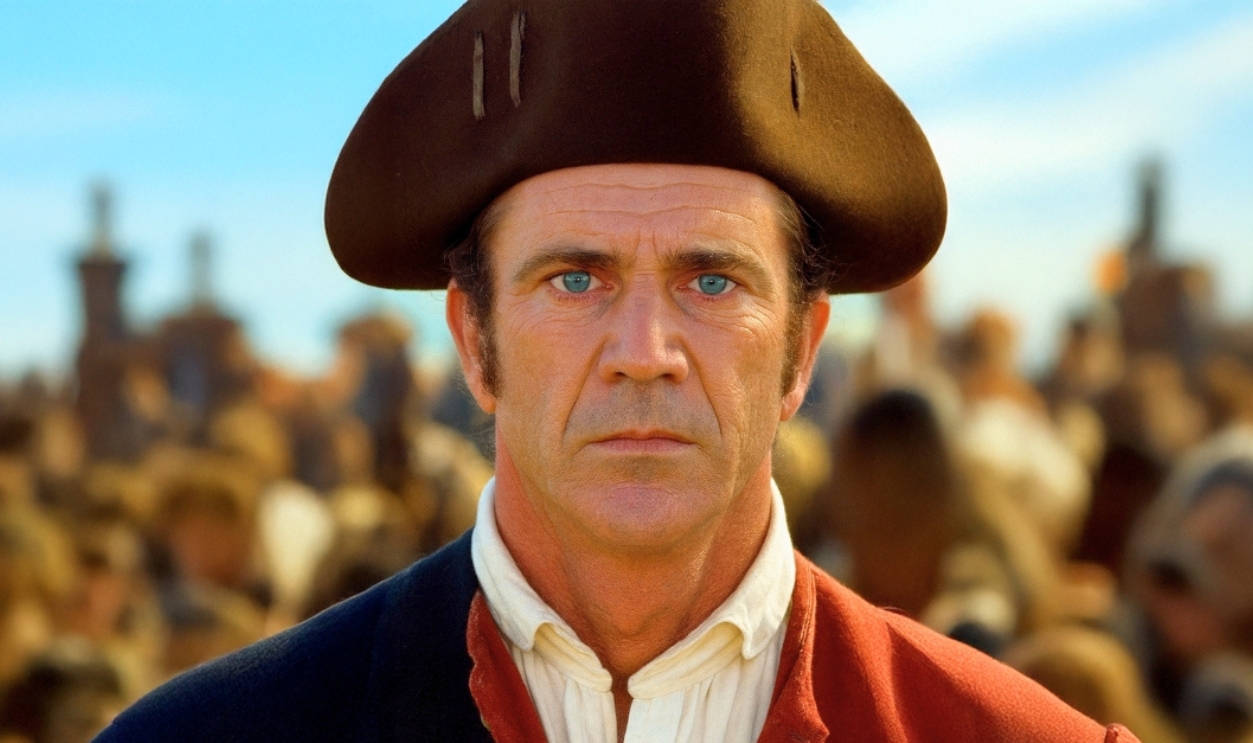
1776 (1972)
Don’t let the musical numbers and powdered wigs fool you. This adaptation of the Broadway hit dares to humanize the icons of American history, putting their doubts, squabbles, and convictions center stage. Much of the dialogue is lifted straight from real letters, giving the drama surprising weight.
 Columbia Pictures, 1776 (1972)
Columbia Pictures, 1776 (1972)
Revolution (1985)
If you ever wondered what Al Pacino would sound like in a tricorn hat, Revolution has your answer. He plays a reluctant fur trapper who’s dragged into the chaos of war when his son is swept up by the draft.
 Columbia Pictures, Revolution (1985)
Columbia Pictures, Revolution (1985)
Revolution (1985) (Cont.)
The movie tanked at the box office, and critics at the time were, let’s just say, not kind. But years later, it earned a fresh respect, mainly for its grimy, mud-soaked realism. In it, the Battle of Brooklyn is portrayed not as a glorious clash but as a disorganized mess, which it actually was.
 Columbia Pictures, Revolution (1985)
Columbia Pictures, Revolution (1985)
Johnny Tremain (1957)
Johnny Tremain adapts Esther Forbes’ award-winning novel into a digestible tale of youthful awakening amid revolution. As a Disney production intended for television, its value lies in how it introduces young audiences to key events, like the Boston Tea Party, which is why historical depth takes a backseat to narrative clarity.
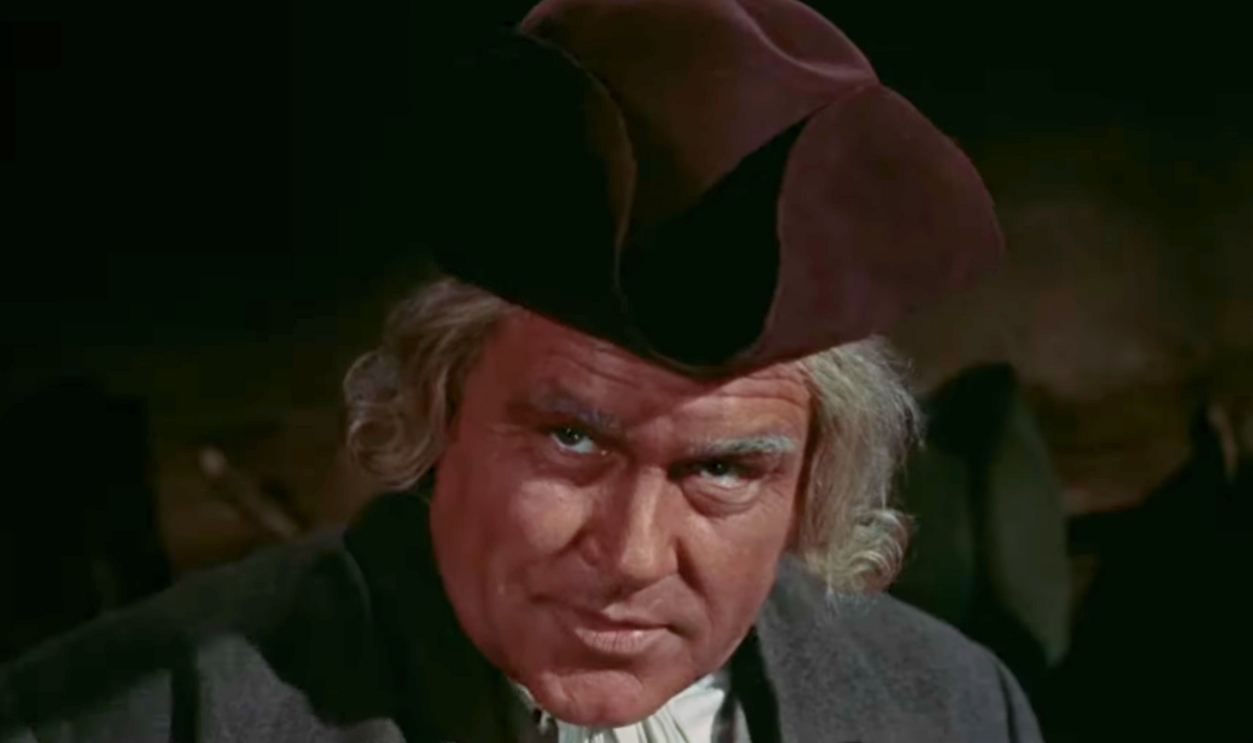 The Walt Disney Studios, Johnny Tremain (1957)
The Walt Disney Studios, Johnny Tremain (1957)
Mary Silliman's War (1994)
Here’s a rare thing: a Revolutionary War story told not with muskets and generals, but through the eyes of a woman left to hold the fort. Mary Silliman’s War is based on the true story of a minister’s pregnant wife in Connecticut, grappling with her husband’s capture and a town in turmoil.
 Heritage film, Mary Silliman's War (1994)
Heritage film, Mary Silliman's War (1994)
Mary Silliman's War (1994) (Cont.)
Filmed with careful historical detail, this one doesn’t flinch from the messiness of war, especially when it pits neighbor against neighbor. By portraying the war as both ideological and intensely personal, the film reframes revolution as civil war, where patriotism and survival often stood in opposition.
 Heritage film, Mary Silliman's War (1994)
Heritage film, Mary Silliman's War (1994)
The Crossing (2000)
The Crossing dramatizes the pivotal December 1776 campaign that revived the Continental Army’s dwindling morale. Anchored by Jeff Daniels’ grounded performance as an exhausted but determined Washington, the film swaps romanticism for psychological depth. It also captures the desperation and strategy that led to the attack on Trenton, adapted from Howard Fast’s historical novel.
 Columbia TriStar Television, The Crossing (2000)
Columbia TriStar Television, The Crossing (2000)
April Morning (1988)
This one is another movie based on Howard Fast’s novel. Focusing on a single day—April 19, 1775—the film explores the emotional rupture of war through the eyes of a teenage boy. The movie begins in kitchens, between fathers and sons, where the real foundations of revolution are laid.
 Amazon MGM Studios, April Morning (1988)
Amazon MGM Studios, April Morning (1988)
April Morning (1988) (Cont.)
As the sun rises on Lexington, a boy is forced to grow up in the space between one breath and the next. With stellar performances from Chad Lowe and Tommy Lee Jones, this film captures the emotional shock of war’s arrival as seen from the front porch instead of the battlefield.
 Amazon MGM Studios, April Morning (1988)
Amazon MGM Studios, April Morning (1988)
The Patriot (2000)
The Patriot is a quintessential example of Hollywood’s penchant for mythologizing history. Loosely based on figures like Francis Marion, Mel Gibson’s Benjamin Martin is grief-stricken, brutal, and unwillingly heroic. The film delivers big visuals and rousing speeches, but also draws side-eye for how it skirts around slavery and paints the British like cartoon villains.
 Sony Pictures Releasing, The Patriot (2000)
Sony Pictures Releasing, The Patriot (2000)
Benedict Arnold: A Question Of Honor (2003)
Everyone loves a good villain arc, and in Benedict Arnold: A Question of Honor, we get the OG American traitor in full dramatic glory. Aidan Quinn’s Benedict Arnold is not simply a traitor; he is a gifted but wounded soldier, increasingly disillusioned by politics, favoritism, and broken promises.
 Netflix, Benedict Arnold: A Question of Honor (2003)
Netflix, Benedict Arnold: A Question of Honor (2003)
Benedict Arnold: A Question Of Honor (2003) (Cont.)
His relationship with Peggy Shippen and rivalry with General Gates are dramatized but grounded in historical records. And while yes, the wigs are big and the dialogue occasionally dramatic, there’s something refreshing about how the film actually provides a rare, sympathetic perspective on the man.
 Netflix, Benedict Arnold: A Question of Honor (2003)
Netflix, Benedict Arnold: A Question of Honor (2003)
The Devil’s Disciple (1959)
With a title like The Devil’s Disciple, you might expect something dark and brooding—but instead, you get a Revolutionary satire starring Kirk Douglas as the rebel rogue, Burt Lancaster as the principled preacher, and Laurence Olivier as a British officer with impeccable delivery. It’s George Bernard Shaw’s writing at its finest.
 United Artists, The Devil's Disciple (1959)
United Artists, The Devil's Disciple (1959)
Drums Along The Mohawk (1939)
Directed by John Ford, Drums Along the Mohawk presents the Revolutionary War through the lens of frontier life, focusing on settlers in New York's Mohawk Valley. With Technicolor brilliance and Ford’s iconic visual style, the film dramatizes the tension between settlers, Loyalists, and Native American forces.
 20th Century Studios, Drums Along the Mohawk (1939)
20th Century Studios, Drums Along the Mohawk (1939)
Drums Along The Mohawk (1939) (Cont.)
The narrative does reflect the biases of its time, particularly in its portrayal of Indigenous people, but it remains significant in the mythos of the American frontier. Henry Fonda is the earnest young husband to Claudette Colbert, and together they’re just trying to make a life while the Revolution literally burns around them.
 20th Century Studios, Drums Along the Mohawk (1939)
20th Century Studios, Drums Along the Mohawk (1939)
Turn: Washington's Spies (2014–2017)
Alexander Rose did meticulous research for Washington’s Spies. The series tells the story of America’s first spy ring, with Abraham Woodhull as the unlikely hero, who only had quills and laundry lines to help him. Naturally, it does not take long for things to spiral downhill for him and his ragtag team.
 AMC, Turn: Washington's Spies (2014–2017)
AMC, Turn: Washington's Spies (2014–2017)
Sons Of Liberty (2015)
Marketed as historical fiction, Sons of Liberty blurs the line between educational content and dramatized spectacle. Set between 1765 and 1776, the miniseries revisits key events, including the early sessions of the Continental Congress.
 History Channel, Sons of Liberty (2015)
History Channel, Sons of Liberty (2015)
Sons Of Liberty (2015) (Cont.)
While the performances are energetic, particularly Ben Barnes’s rebellious Samuel Adams, the show frequently sacrifices accuracy for intensity. And since it’s a miniseries, timelines are condensed, which leaves a lot unsaid. Still, it captures the spirit of upheaval and defiance that shaped a revolution.
 History Channel, Sons of Liberty (2015)
History Channel, Sons of Liberty (2015)
Liberty's Kids (2002–2003)
Only in early-2000s TV could you get Whoopi Goldberg voicing a Revolutionary War hero, while teens time-hop through America’s founding with zero aging or historical trauma. If you grew up in that era, there’s a good chance Liberty’s Kids taught you more about historical events and figures than your textbook did.
 Prime Video, Liberty's Kids (2002-2003)
Prime Video, Liberty's Kids (2002-2003)
John Adams (2008)
Adapted from David McCullough’s Pulitzer Prize-winning biography, HBO’s John Adams is both a historical dramatization and a character study. From the Boston Massacre trial to Adams’s post-presidency, the miniseries offers a textured portrait of the man often overshadowed by flashier peers, although not every detail is exact.
George Washington (1984)
Long before streaming platforms made history look cinematic, CBS gave us George Washington—a miniseries with epic ambition and some truly 1980s drama. Barry Bostwick, yes, that Barry Bostwick, plays Washington with surprising gravitas.
 Amazon MGM Studios, George Washington (1984)
Amazon MGM Studios, George Washington (1984)
George Washington (1984) (Cont.)
The show covers everything from his awkward teenage years to battlefield grit, and even though some dramatizations feel dated by today’s standards, the series earns merit for its sincere effort to capture the complexity of its subject. It’s not flashy, but it certainly is foundational.
 Amazon MGM Studios, George Washington (1984)
Amazon MGM Studios, George Washington (1984)
Founding Fathers (2000)
With cinematic reenactments and a cast that brings a surprising gravitas to powdered wigs, the History Channel’s ambitious series dramatizes the birth of a nation as a battle of wills, words, and vision. The series stages revolution not as a foregone conclusion, but as a fragile negotiation between egos and ideologies.
 Gilbert Stuart, Wikimedia Commons
Gilbert Stuart, Wikimedia Commons
The Swamp Fox (1959–1961)
It’s hard to decide what’s more unbelievable: Leslie Nielsen as a serious actor, or Disney trying to turn guerrilla warfare into wholesome family content. The Swamp Fox is earnest to a fault, dressing up frontier skirmishes as Sunday evening entertainment.
 The Walt Disney Studios, The Swamp Fox (1959–1961)
The Walt Disney Studios, The Swamp Fox (1959–1961)
The Swamp Fox (1959–1961) (Cont.)
The show plays fast and loose with history, glossing over the darker complexities of Francis Marion’s record while doubling down on heroism and harmony. However, its cultural impact lies in how Disney reshaped Revolutionary mythology for mass consumption by romanticizing the portrait of Southern resistance.
 The Walt Disney Studios, The Swamp Fox (1959–1961)
The Walt Disney Studios, The Swamp Fox (1959–1961)
Hamilton's America (2016)
If you loved Hamilton the musical, this documentary is the perfect follow-up. Hamilton’s America is like a backstage pass that dives into how Lin-Manuel Miranda pulled this whole thing together—all from reading biographies on vacation to testing lyrics in the White House—and then connecting it to the real Hamilton’s messy, yet fascinating life.
 PBS, Hamilton's America (2016)
PBS, Hamilton's America (2016)
The American Revolution (2014)
This one’s kind of a hidden gem. The American Revolution focuses less on George Washington and more on the folks who didn’t get their face on a dollar bill. You’ll meet spies, women with muskets, and freedom fighters whose stories somehow missed the textbook.
 Gilbert Stuart, Wikimedia Commons
Gilbert Stuart, Wikimedia Commons
The American Revolution (2014) (Cont.)
The reenactments can be hit or miss, and though it lacks the deep analytical rigor of academic documentaries, its intent is noble: to democratize the story of revolution. By expanding its cast and complicating its legacy, this show makes you forget (most of) its misses.
 Howard Chandler Christy, Wikimedia Commons
Howard Chandler Christy, Wikimedia Commons
Benjamin Franklin (2002)
Franklin was no ordinary revolutionary, and Benjamin Franklin (2002) is no ordinary documentary. With elegance and precision, PBS captures the transformation of a man who began with ink-stained fingers and ended with a treaty that turned the tide of war. Through a hauntingly restrained narration by Colm Feore, the series goes beyond mere biography.
Liberty! The American Revolution (1997)
Liberty! is PBS doing what PBS does best—history with gravitas, and just enough reenactment flair to keep you from checking your phone. This six-part series brings the Revolution to life not just through battles and speeches, but through the messy, emotional, sometimes contradictory voices of the people who lived it.
 PBS, Liberty! The American Revolution (1997)
PBS, Liberty! The American Revolution (1997)
Liberty! The American Revolution (1997) (Cont.)
You’ve got readings from Jefferson, Franklin, Paine, but also perspectives from women, the enslaved, and Native Americans, which gives the series a much-needed moral complexity. Spanning the years from the Stamp Act to the ratification of the Constitution, the series draws on multiple sources.
 PBS, Liberty! The American Revolution (1997)
PBS, Liberty! The American Revolution (1997)
The Revolution (2006)
Airing during the height of the History Channel’s golden era, The Revolution offers a detailed, linear walkthrough of the Revolutionary War’s military and political arcs. Its focus is primarily strategic: examining troop movements, leadership dynamics, key turning points, and more during Washington’s term as a general.
 History Channel, The Revolution (2006)
History Channel, The Revolution (2006)
The Revolutionary War (1995)
This one’s got real throwback charm. Originally aired on TLC, The Revolutionary War offers a mellow, thoughtful look at the Revolution’s twists and turns. Charles Kuralt’s narration feels like your favorite uncle telling stories by the fire, which means it’s low on flash but high on depth.
 History Channel, The Revolutionary War (1995)
History Channel, The Revolutionary War (1995)
The Revolutionary War (1995) (Cont.)
Across six reflective episodes, the series explores the full spectrum of war, from brutal skirmishes in the South to the moral weight of enslaved and indigenous involvement. If you want to understand the war beyond the big names, this is a quiet classic you can watch.
 History Channel, The Revolutionary War (1995)
History Channel, The Revolutionary War (1995)
First Freedom: The Fight For Religious Liberty (2012)
First Freedom tackles the intellectual and political architecture behind the First Amendment, tracing how early American pluralism forced the Founders to confront the relationship between church and state. The cast of Founders comes off less like distant figures and more like intense pen pals arguing over ideals.
 PBS, First Freedom: The Fight For Religious Liberty (2012)
PBS, First Freedom: The Fight For Religious Liberty (2012)
Founding Brothers (2002)
Revolutions don’t end with treaties—they evolve into rivalries. Founding Brothers captures this fragile moment with intensity and draws viewers into the ideological and emotional confrontations that shaped the republic’s early years, right from duels to debates.
 History Channel, Founding Brothers (2002)
History Channel, Founding Brothers (2002)
Founding Brothers (2002) (Cont.)
Through dramatized readings and expert analysis, the series dissects six key moments that shaped early American governance. And it also reveals how the survival of the nation depended on uneasy unity when visions clashed more often than not.
 History Channel, Founding Brothers (2002)
History Channel, Founding Brothers (2002)
Von Steuben’s Continentals (2007)
It’s easy to forget how scrappy the Continental Army was before Von Steuben showed up with his surprisingly colorful personality. This documentary reminds us—with plenty of reenactments—that without his discipline and his drills, we wouldn’t have the “Blue Book,” a standardized manual that whipped the troops into shape.
 Charles Willson Peale, Wikimedia Commons
Charles Willson Peale, Wikimedia Commons
Lafayette: The Lost Hero (2010)
You probably know Lafayette as “that cool French guy from the Revolution,” but this PBS doc goes much deeper—and it is genuinely interesting. Viewers are taken from the glitter of Parisian salons where Marquis de Lafayette was a privileged aristocrat to…
 PBS, Lafayette: The Lost Hero (2010)
PBS, Lafayette: The Lost Hero (2010)
Lafayette: The Lost Hero (2010) (Cont.)
…American encampments where he emerged as a fearless revolutionary. His wife, Adrienne, also gets a well-deserved spotlight, showing that the revolution wasn’t just a boys’ club. By the end of this, you’ll be wondering why he doesn’t have more movies made about him.
 PBS, Lafayette: The Lost Hero (2010)
PBS, Lafayette: The Lost Hero (2010)
Washington The Warrior (2006)
This one’s all about George, the soldier. It’s action-heavy and paints him as the determined backbone of the Revolution. If you ever wanted to see Washington through an action-movie lens, check this out and see him learn from his missteps in order to become the quiet genius of Yorktown.
 History Channel, Washington The Warrior (2006)
History Channel, Washington The Warrior (2006)
Black Patriots: Heroes Of The Revolution (2019)
This special dives into the lives of figures like Crispus Attucks, James Armistead Lafayette, and Phillis Wheatley, with thoughtfully selected archival materials and expert interviews. The special shows how Black Americans fought not only for a new nation but for a freedom that remained deferred.
 History Channel, Black Patriots: Heroes Of The Revolution (2019)
History Channel, Black Patriots: Heroes Of The Revolution (2019)
Black Patriots: Heroes Of The Revolution (2019) (Cont.)
Hosted by none other than Kareem Abdul-Jabbar, Black Patriots delivers a much-needed history lesson with style. It reframes the lens on the Revolution by elevating African American voices that traditional narratives conveniently overlook. And in doing so, it critiques the mythology of 1776 while deepening its significance.
 History Channel, Black Patriots: Heroes Of The Revolution (2019)
History Channel, Black Patriots: Heroes Of The Revolution (2019)
The American Revolution (2025)
Now, this one is set to release in November 2025 on PBS, where you’ll hear from Patriots to soldiers to civilians to Black Americans, and even Native voices who lived through the war. It’s directed by Ken Burns, and if his past work is any clue, this documentary is going to be thoughtful and most probably emotional.
 PBS, The American Revolution (2025)
PBS, The American Revolution (2025)

